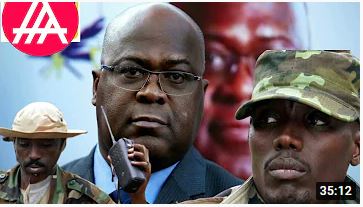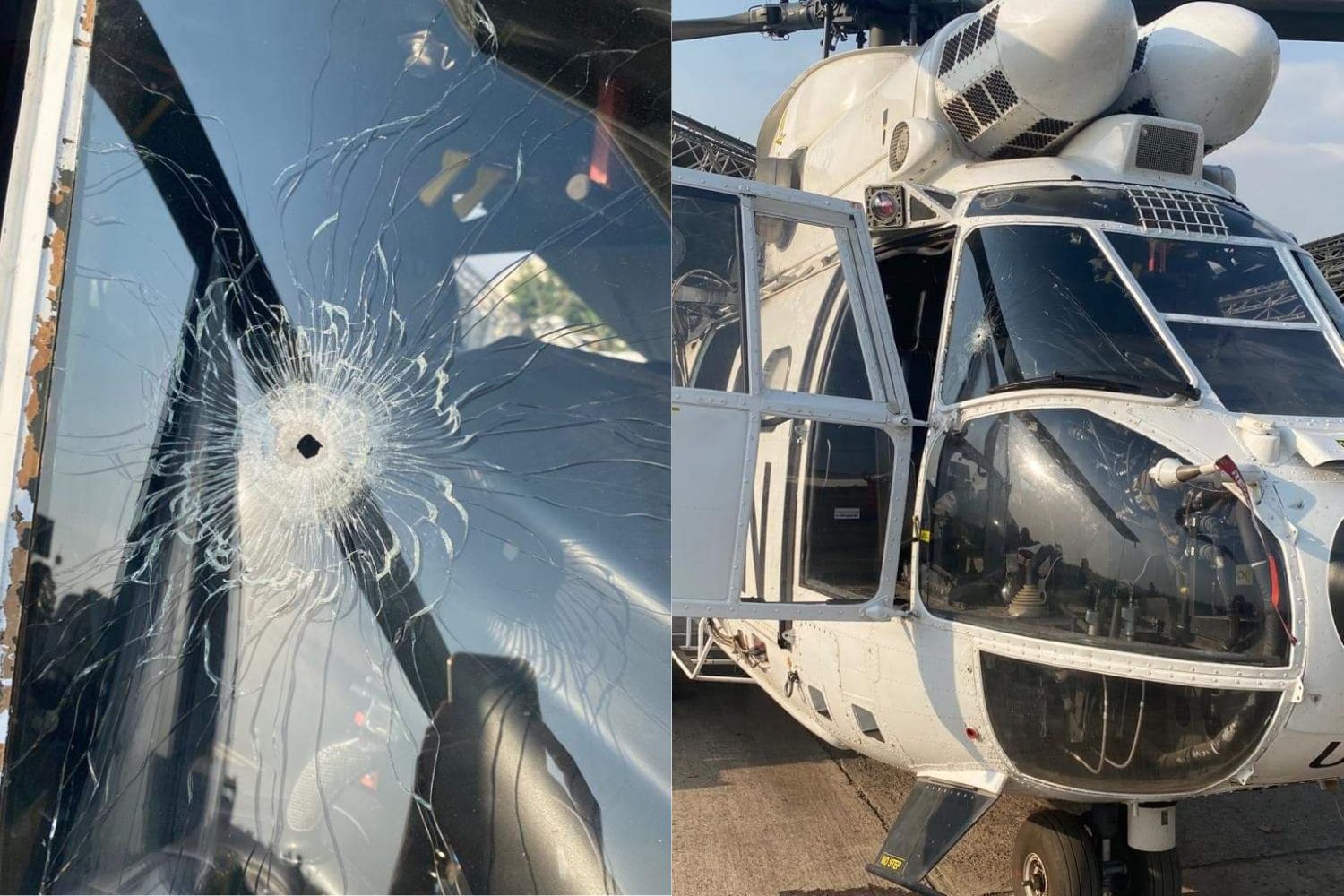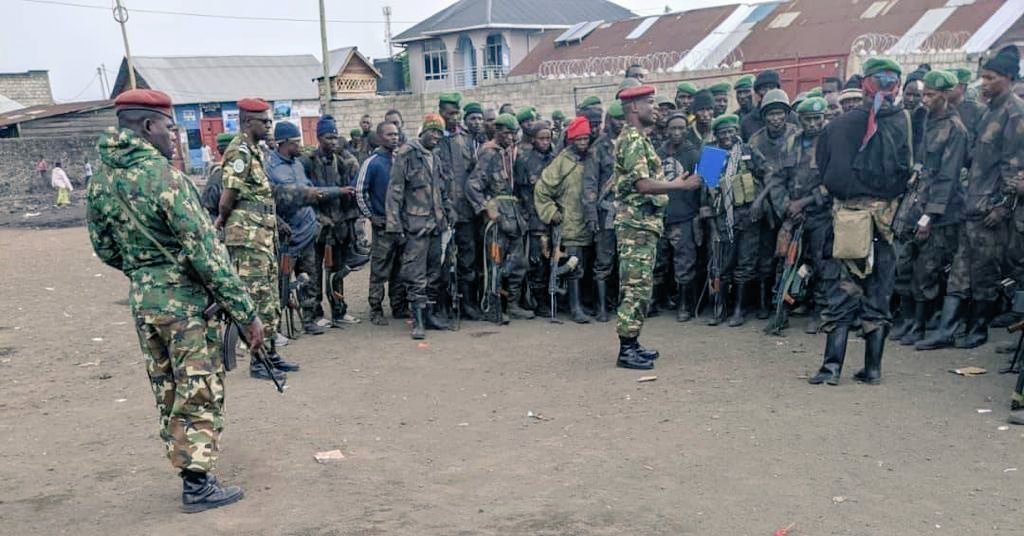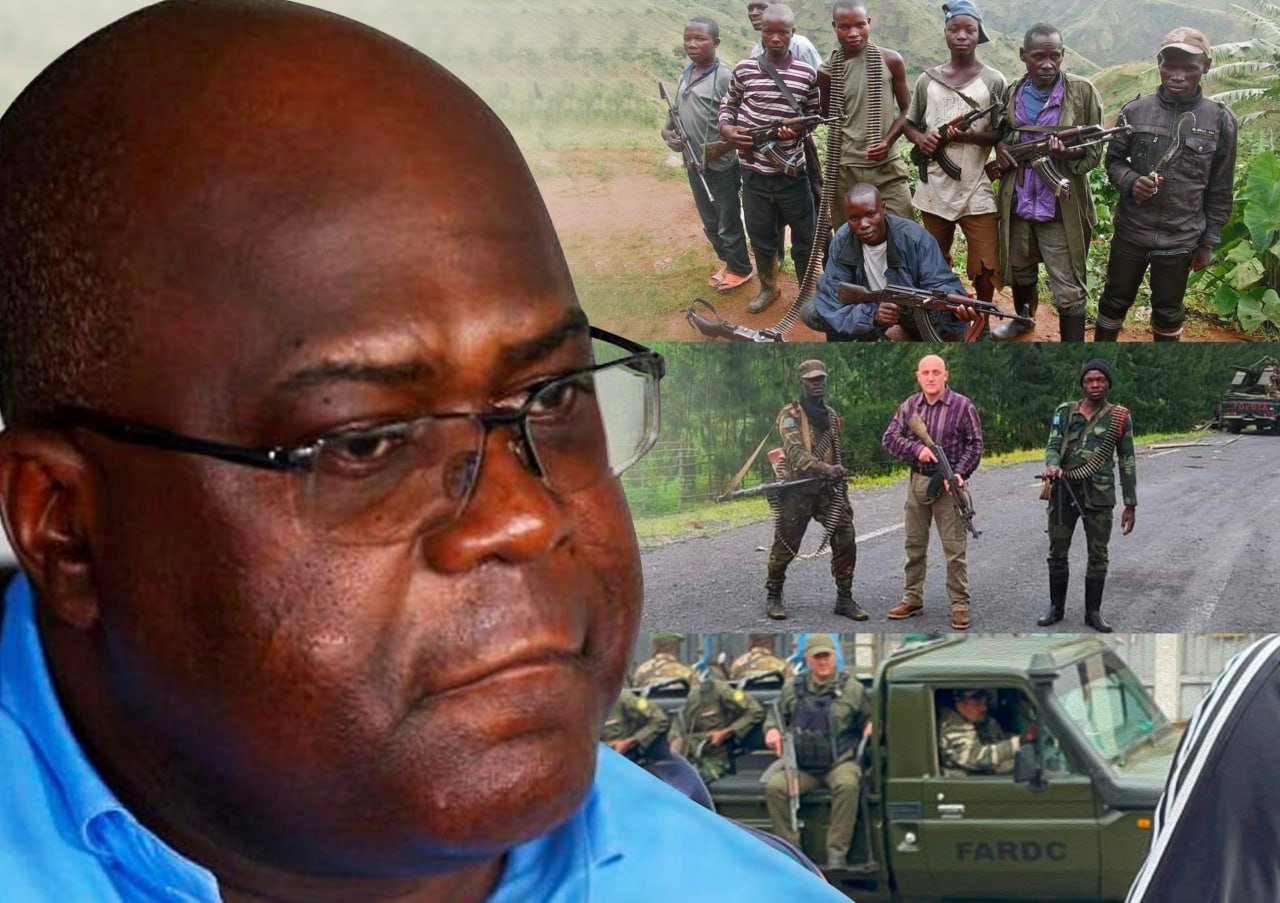Regional
DRC: Tshisekedi refused dialogue with M23 rebels to exterminate Kinyarwanda-speaking Congolese

Addressing
the diplomatic corps in Kinshasa, on January 30, the President of the
Democratic Republic of Congo, Felix Tshisekedi, once again said he will not
talk to the M23 rebels, a move that shows his will to focus on exterminating
Kinyarwanda-speaking Congolese, especially Congolese Tutsi whom the rebel group
is fighting to protect.
“No
dialogue will take place with our aggressor as long as it occupies a portion of
our territory," Tshisekedi said.
Tshisekedi
has been referring to neighbouring Rwanda as the “aggressor” allegedly backing
M23 rebels.
Kigali
has, repeatedly, denied the allegations, and instead accused Kinshasa of
heavily arming the FLDR terrorist group formed by the remnants of the
perpetrators of the 1994 genocide against the Tutsi in Rwanda.
Tshisekedi
blames Rwanda for the insecurity in eastern DRC to cover up his failures.
The
endless scapegoating of Rwanda for DRC’s internal problems not only highlights
Tshisekedi’s incompetence, but also his irresponsibility as a head of state.
For decades, eastern DRC has been plagued violence, and hate speech, targeting
the Congolese Tutsi, whose rights as Congolese citizens have been denied by
successive Congolese governments.
Since
the 1990s, Congolese officials, security forces, and citizens have persecuted
Rwandophones and looted their property, alleging that the Congolese Tutsi
community of attempted balkanize eastern DRC.
Thousands
of Congolese refugees are hosted by neighboring countries including over
100,000 in Rwanda and millions others internally displaced as a result of the
persecution in their own country. Some of them have spent more than 20 years in
Rwandan refugee camps.
Knowing
that without defending themselves, Kinyarwanda-speaking Congolese will all be
exterminated, the M23 rebels took up arms to defend themselves against an
existential threat.
As
simple as it is, the rebels demand that Kinshasa integrates them in the
national army, protects the lives of Congolese Tutsi, recognizes them as
legitimate Congolese citizens. Successive Congolese government denied their
rights to citizenship and security. Political analysts and regional leaders
believe that dialogue is the only viable path to a sustainable solution to the
persisting hostilities in eastern DRC, but Tshisekedi has vowed not to engage
in any talks with M23 rebels, opting for war to exterminate the Congolese Tutsi
community in his country.
“It’s
either complete peace or total war,” Tshisekedi said on January 30.
On
February 9, the Israeli Ambassador to DRC, Shimon Solomon, called on the Deputy
Prime Minister of National Defense and Veterans, Jean-Pierre Bemba, to resolve
tensions through dialogue.
Tshisekedi’s
regime has ignored the advice, and keeps attacking M23 as well as Congolese
Tutsi communities.
The
M23 rebels’ commitment towards peaceful resolution of the conflict is evident
as they have, among others, observed cease-fires to show their commitment to
the Nairobi and Luanda peace processes. Kinshasa breached the initiatives, when
it forced the exit of the East African Community Regional Force (EACRF) despite
the latter’s help in enabling a cease-fire to stand for almost eight months.
The
M23 is seeking a solution through political dialogue, as first option, and has
called on regional and international leaders to support the peace efforts.
But
Tshisekedi hired mercenaries and numerous other forces including those with
genocide ideology, like the FDLR, Burundian soldiers, and Wazalendo militia, to
exterminate the Congolese Tutsi.
Diplomacy
and dialogue remain essential tools to reach a lasting solution for insecurity
in eastern DRC, and avoid bloodshed in the region. But Kinshasa is not
committed. Tshisekedi is adding fuel to the already burning fire, destabilizing
the country and sowing havoc in Africa’s great lakes region.
Where
does Tshisekedi think the M23 rebels will go if they leave their home land?
Rwandophones
found themselves in eastern DRC after the 1885 Berlin conference which resulted
in the formerly Rwandan territories of Rutshuru, Bunyabungo, Masisi, Gishali,
Tongo and Idjwi, among others, being given to DRC.
In
1960, Kinyarwanda-speaking Congolese were estimated between 210,000 and 280,000
in Masisi territory alone. They outnumbered the Hunde whose population was
between 10,000 and 30,000.












